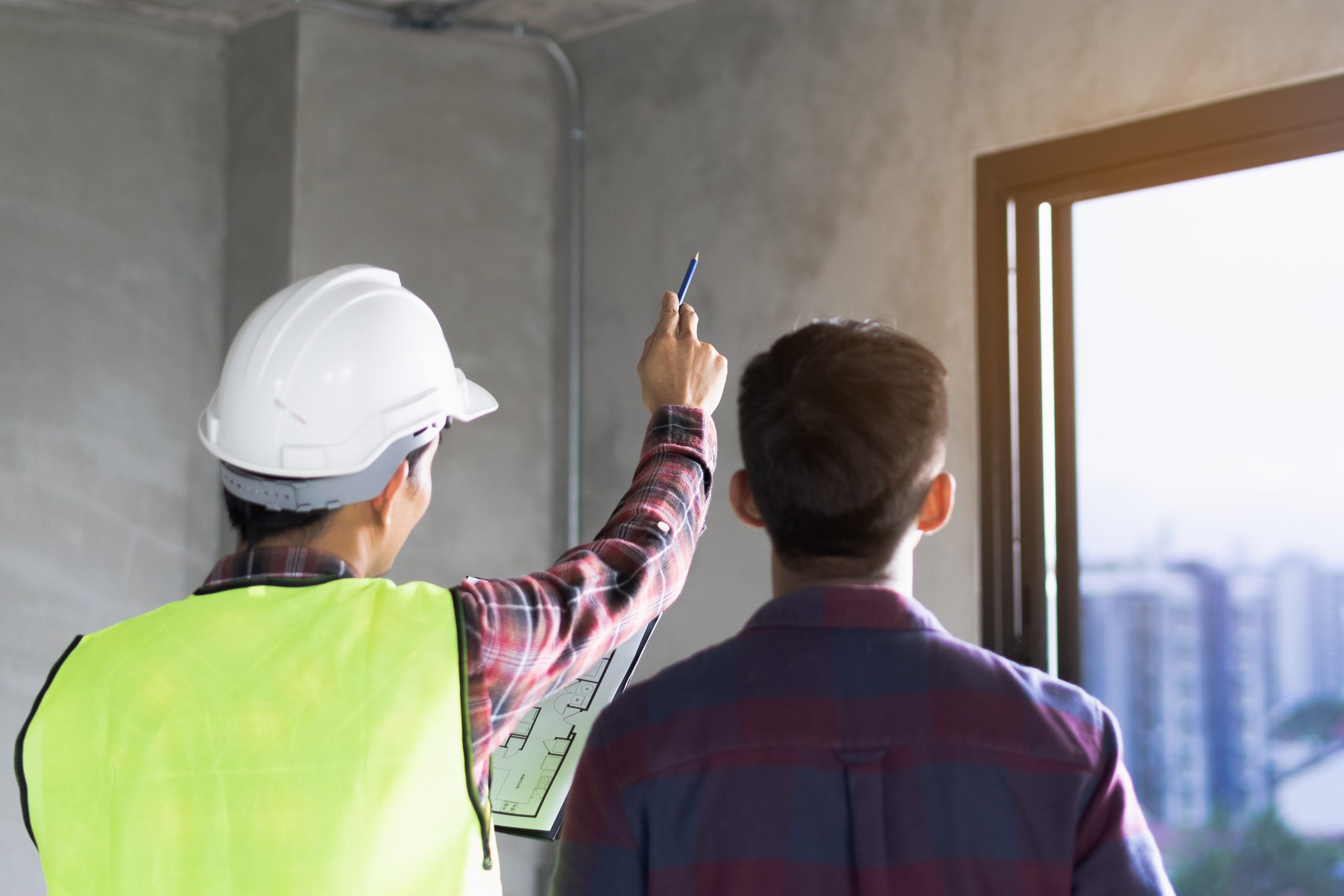Selling a home requires careful planning and execution. You need to do it right so that you can maximize your profits. But when you commit many mistakes, you may end up selling it at a price much lower than when you bought it. Mistakes could also slow down the selling process. That’s why you may want to avoid the following errors when putting your home up for sale:

1. Repairs Aren’t Your Priority
Homebuyers prefer properties that they don’t need to renovate or repair. This means they’re more likely to buy a home that they can readily live in.
If you put up your home for sale without undertaking major or minor repairs, you may find it hard to find a buyer. And if you do manage to find a buyer, they may ask for a lower price since you haven’t refurbished the property.
On the other hand, you can increase your chances of finding a buyer who won’t negotiate if you fix and repair your property. A buyer may interpret that you’ve taken good care of your home if they see it refurbished. They also wouldn’t consider renovation or repair costs if they’ll buy your home.
When unsure how to improve your home, you can find out this here and on other websites.
2. Not Calculating Home-Selling Costs
Aside from repairs, there are other expenses that you have to be prepared for when selling your home. Some sellers think that buyers will shoulder all the costs associated with home buying. However, here are some of the expenses that you should consider before putting your home on the market:
- Moving Expenses: When you start putting up your home for sale, you should also start packing up. You shouldn’t be staying in your house while it’s on the market because potential buyers would be put off if you’re still living there when they come to look at the property. When you’re moving, add the storage and rental fees for your stuff.
- Your Next Home: Since you’re moving to a new home, you should also have a fund set aside for a new mortgage or rental fee. This means you should’ve saved up for such expenses months before you put your property on the market. That way, you can be financially secure because finding a buyer may take some time.
- Closing Costs: Closing the deal isn’t the end of your home selling process. You still need to pay for the closing costs which are generally up to 3% of the property’s price. Here, you’ll pay fees for the lawyer or company that organizes the final transaction on closing day. Other expenses include title transfer fees and sales tax.
3. Overpricing
One of the common mistakes that home sellers make is overpricing their homes. This could happen if you don’t understand the factors you need to consider when pricing your property. One of which is its market value. Potential buyers are likely to check your listing when you have a price below or at fair market value. But when you overprice it, you could lose potential buyers during the first couple of weeks when you list your property.
What might happen then is you’ll be lowering the price until you find a buyer. In this case, you’re wasting time selling your home when it’s not priced right.
4. Being Unrealistic With Home Inspection Negotiations
Most buyers would want to conduct home inspections to ensure that they’re buying a property with no or fewer issues. As a seller, you can’t say no to this.
Home inspections could reveal safety hazards or problems that you might not even be aware of. Sometimes, buyers may request that you address these problems; others don’t. Nonetheless, they can use such issues to negotiate the price.
However, you must treat such problems seriously, such as electrical panel box problems. When left unrepaired, it could cause a significant safety disaster.
The best way is to solve these problems even before buyers find them out. Do so by conducting a home inspection before selling your property. But you also need to inform home buyers of these issues even if you’ve resolved them.
Conclusion
Mistakes could happen when you’re selling a home, and that’s okay. You can still resolve them, but you can also avoid committing them. What’s important is to understand how you should do it. That way, you won’t have to waste time, and instead, you can find a buyer quickly. Remember the ones mentioned above so you can minimize possible issues while selling.